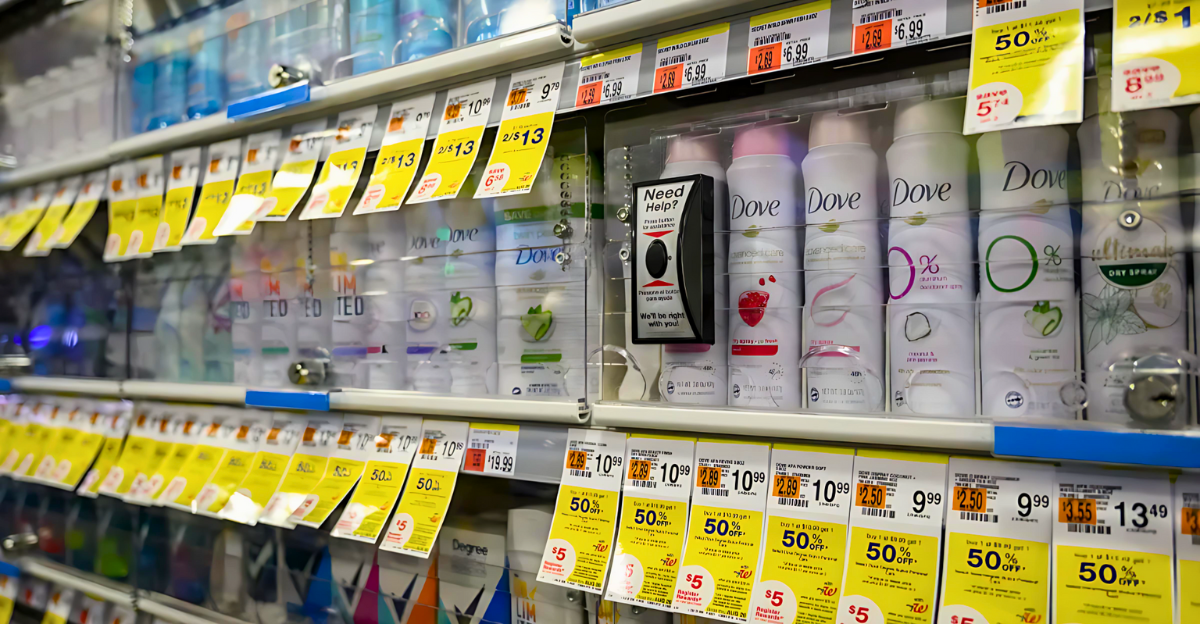
Major retailers saw sweeping product removals, with more than 67,000 cases of deodorant Power Stick brands from Walmart, Amazon, and Dollar Tree stores nationwide.
Pennsylvania-based A.P. Deauville voluntarily recalled the product on July 10, 2025, after FDA enforcement action due to manufacturing process offenses.
Three of the best-selling roll-on antiperspirants are being pulled from shelves: Power Fresh, Spring Fresh, and Original Nourishing formulas, packaged in 1.8-ounce packs.
This is one of the largest removals of personal care products this year for products with no reported adverse health effects. However, consumers are advised to stop using the affected products immediately.
Increasing Stakes
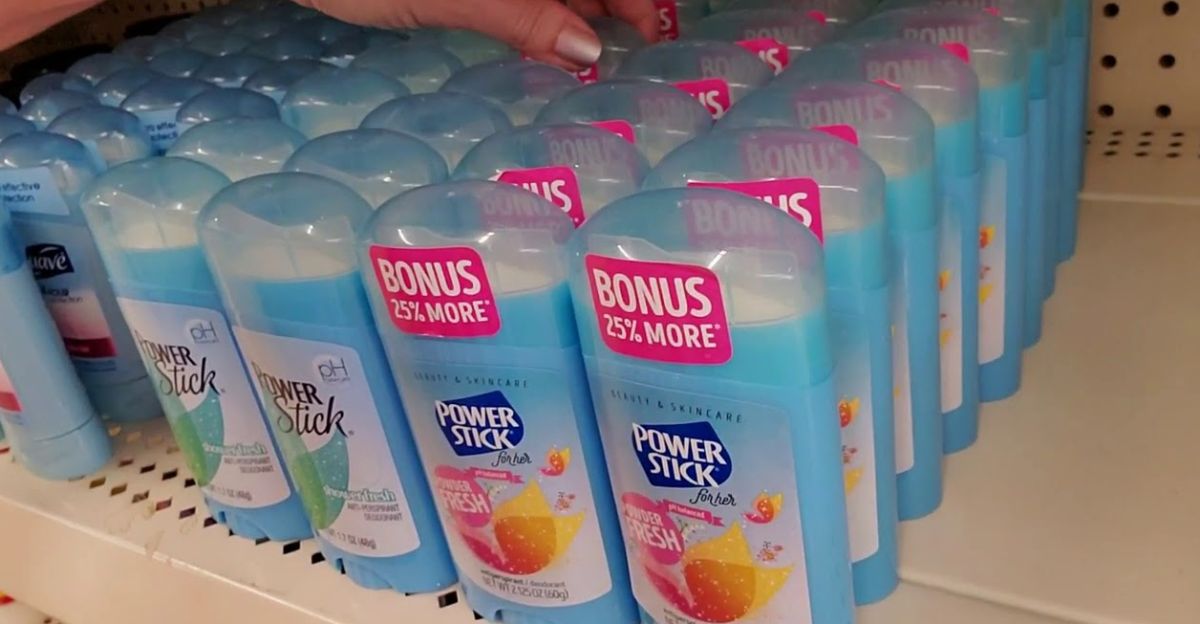
The product removals are not just of ordinary products; there were 21,265 cases of Power Stick for Her, 22,482 cases of Invisible Protection, and 23,467 cases of Original Nourishing types.
They were distributed to all 50 states through big-box retail chains and potentially ended up in the homes of millions of American consumers.
Dollar Tree retailed 24-packs at about $30, and Walmart retailed 3-packs at $21, a sign of easy consumer availability for these inexpensive personal care products.
The FDA’s enforcement report showed “cGMP deviations,” a sign of extreme manufacturing compliance issues that could impact product safety and effectiveness.
Manufacturing Maze
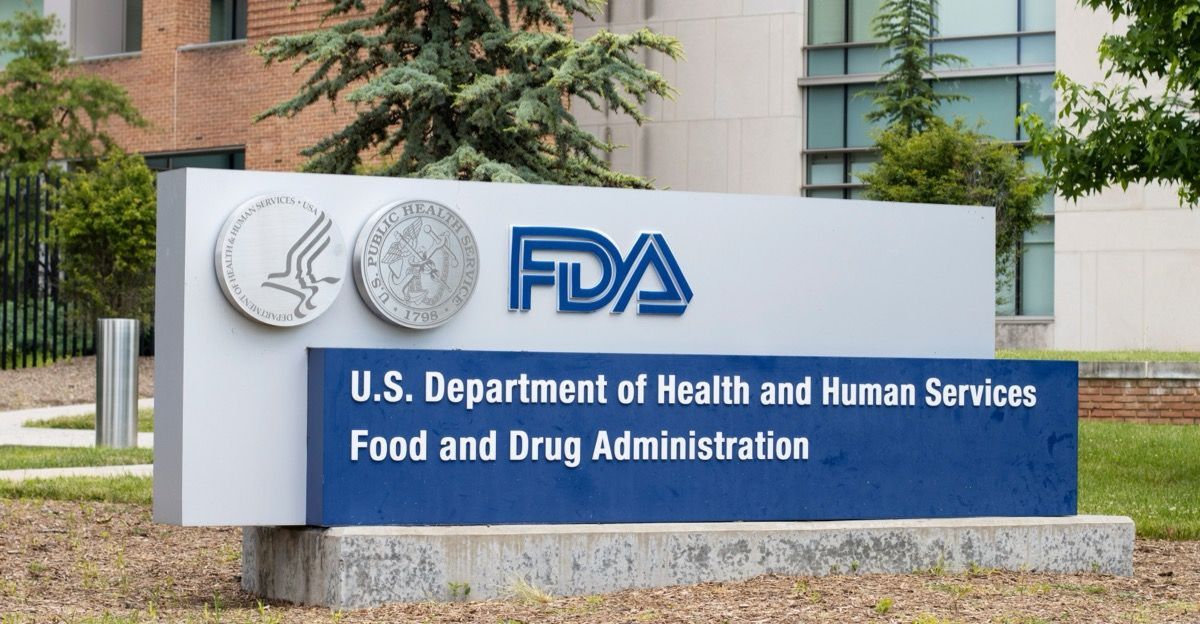
Current Good Manufacturing Practices are the foundation of pharmaceutical and personal care product safety, ensuring consistent quality from raw materials to finished product.
Obeying cGMP regulations is enforced strictly by the FDA, with anything from facility cleanliness and equipment calibration to ingredient verification and documentation control to be established through them. A.P.
Deauville manufactures such Power Stick items in its facility in Easton, Pennsylvania, under what the company calls “FDA-regulated” conditions.
But the nature of the cGMP violations is not clear, and consumers and industry watchers have been left wondering what happened during the manufacturing.
Regulatory Pressure

A.P. Deauville’s compliance history didn’t begin with this latest recall, as the firm was issued an FDA warning letter in 2019 for cGMP deviations at its New Brunswick, New Jersey facility.
The warning letter noted serious deficiencies such as failure to adequately investigate contamination of water systems and failure to deal with out-of-limit test results adequately.
This history of compliance issues raises concerns regarding the firm’s quality control systems and manufacturing oversight capabilities.
The FDA has reported six historical recalls of A.P. Deauville facility inspections since 2011, showing continued regulatory oversight.
Recall Revelation
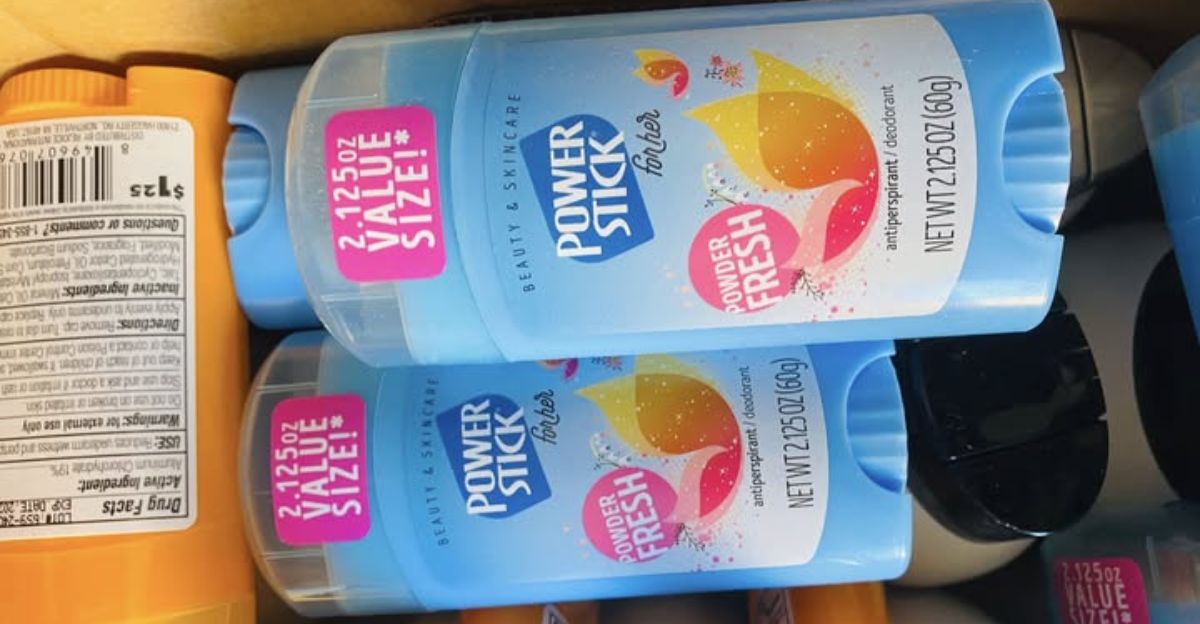
A.P. Deauville formally reported to the FDA on July 10, 2025, deviations in 67,214 lots of Power Stick deodorants, which initiated the record-setting national recall.
The company’s voluntary action followed internal quality audits, which revealed lapses in the current good manufacturing practice standards that were being adhered to during manufacturing.
Some lot numbers span across ranges of manufacturing dates, and affected products bear codes like 032026B011, 071226D381, and 111626G231 on all three product lines.
The recall involves products manufactured at A.P. Deauville’s primary production facility in Easton, Pennsylvania, where the company produces its complete line of personal care products.
Regional Ripples

The recall’s reach extends to all the major retail markets, with Walmart, Amazon, and Dollar Tree removing impacted products from in-store and online shelves.
Pennsylvania residents are most vulnerable since the products were manufactured within their state, whereas major metropolitan cities such as New York, Los Angeles, and Chicago contain the most concentrated number of impacted retailers.
Rural communities that are supplied only by Dollar Tree stores may experience limited access to other deodorant options during the recall period.
Consumer activists and organizations in several states are demanding more clarity regarding the nature of the production defects that led to this massive product recall.
Consumer Concerns

“The next time you roll on your deodorant getting ready to apply for a hot summer day, check the label—it might not be safe to use,” cautioned Yahoo News, warning consumers to check their products against official recall lists.
Consumers on social media are expressing their concerns about missing detailed health risk information, wondering what kind of manufacturing flaw will invade their morning personal care routine.
No injuries or adverse effects have been reported to the FDA, but the agency is advising customers to stop using the products immediately and to contact A.P.
Deauville for instructions on return or refunds. The recall comes at the peak summer season when deodorant use is most likely to increase, impacting millions of consumers’ morning and afternoon routines.
Industry Impact
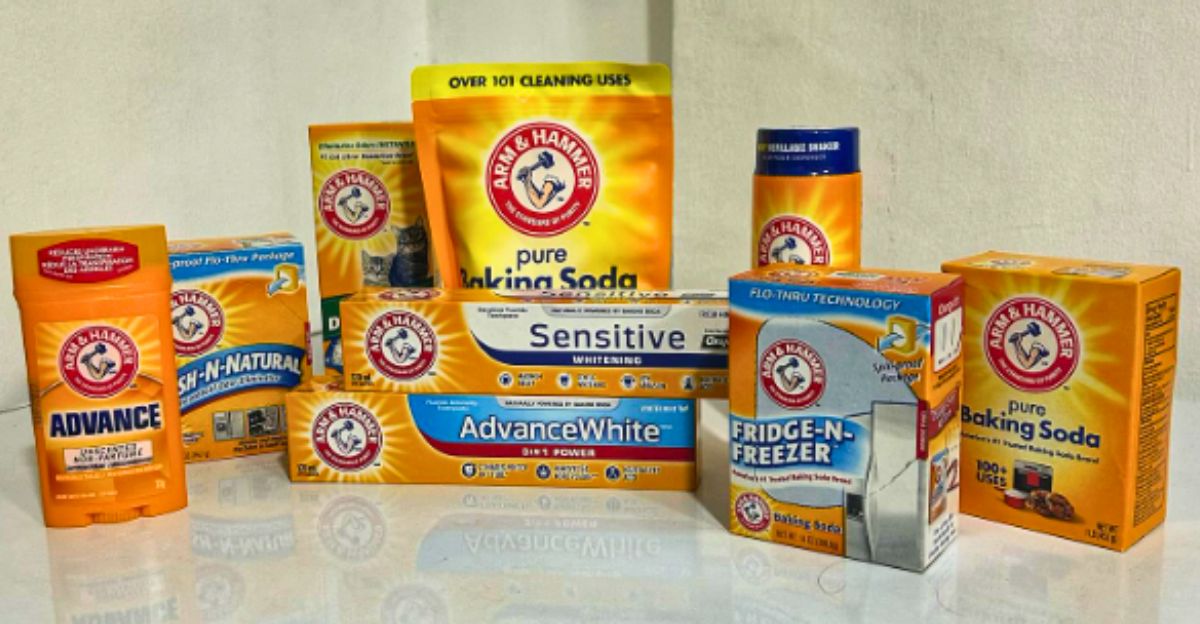
The personal care manufacturing industry is facing growing regulatory oversight. The FDA grapples with delayed inspections of almost 2,000 facilities globally that have gone more than five years without an inspection. A.P.
Deauville’s $18.2 million annual revenue and 29-employee workforce represent typical mid-size personal care manufacturers that often face resource constraints in maintaining comprehensive quality systems.
The world market for deodorants, now worth $28.88 billion in 2024 and expected to be worth $128.97 billion in 2037, keeps growing even as repeated safety recalls erode consumer trust.
Contract manufacturing deals, which A.P. Deauville holds with local companies such as Arm & Hammer, are in the limelight when manufacturers question the quality standards of their contract manufacturers.
Broader Trends
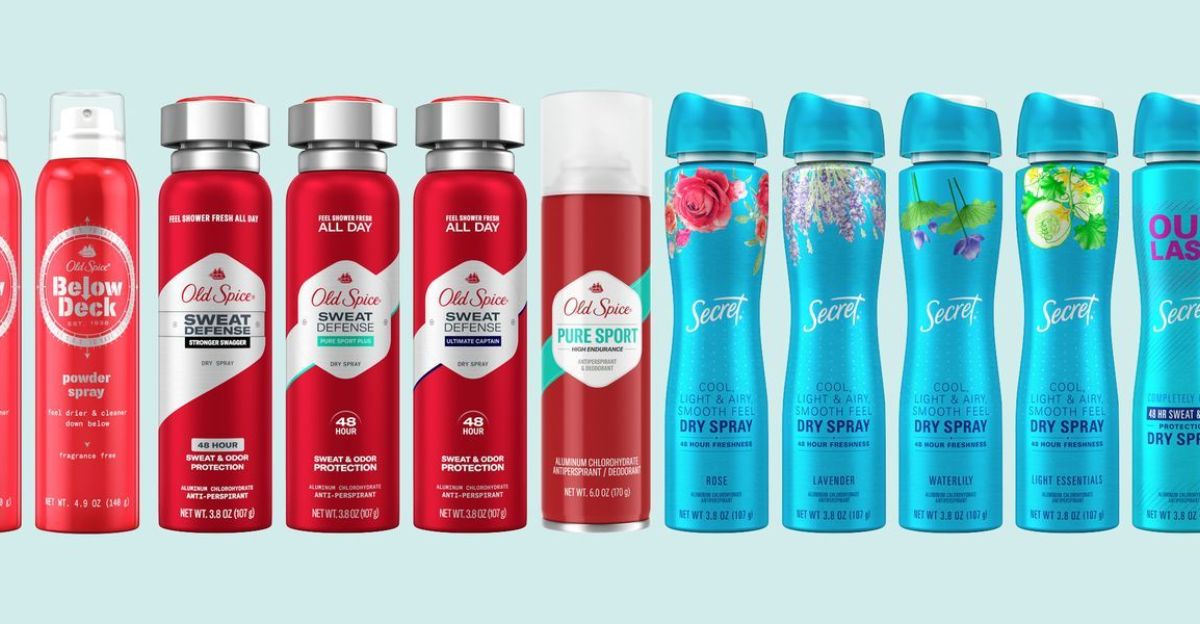
Recent recalls of deodorants suggest continued issues with benzene adulteration and manufacturing non-compliance throughout the personal care sector, in the wake of massive 2021 Old Spice and Secret recalls by Procter & Gamble.
Third-party testing conducted by firms such as Valisure continues to reveal quality control deficiencies in mass-consumption personal care products. Benzene was detected in over half of the tested deodorant batches from several manufacturers.
The enforcement of FDA Current Good Manufacturing Practice has grown, with 83,000 between 2014-2024 across all categories of regulated products.
Consumer organizations still insist on greater transparency about manufacturing processes and ingredient safety as recalls affect everyday-use products from highly respected retail brands.
Future Questions
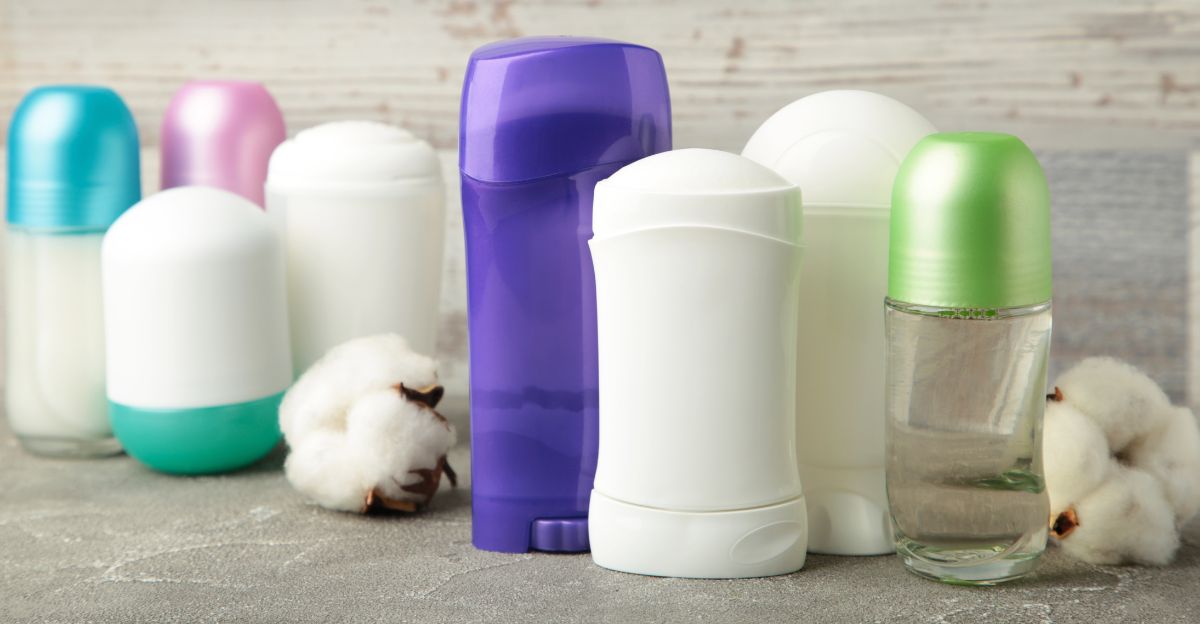
Will the recall prompt closer FDA scrutiny of mid-sized personal care producers without the quality equipment of large companies, perhaps shifting industry consolidation patterns?
The incident is raising questions about basic consumer confidence in lower-cost personal care available in discount stores compared to higher-priced goods with tighter controls on quality.
As online sellers like Amazon further propel e-commerce expansion of personal care sales, how will they ensure recalled products are effectively removed from third-party sellers’ store shelves and inventories?
Since this transpired during summer peak season, it raises the question of whether seasonal production demands are causing quality issues.
It also raises the question of whether stricter regulations need to be implemented during these busy times and if consumers might start choosing more established brands with better safety records.